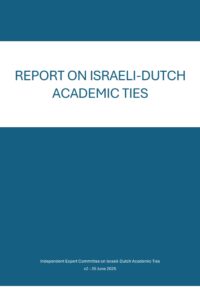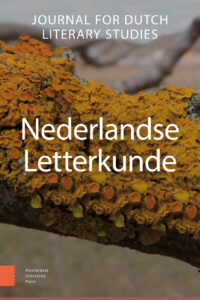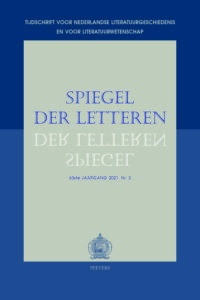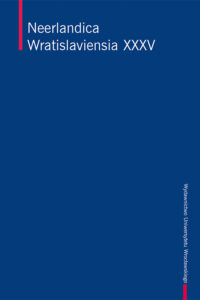Contesting the World
Norm Research in Theory and Practice

What are norms, and why do they matter for international relations? How do they help to guide and constitute state behaviour at the international level, as well as behaviour by other actors like international organisations and global civil society? And how do they constitute just and fair order?
This book brings together a group of leading norm researchers who have been addressing this question over the better part of the past three decades. We argue that norm research today constitutes a subfield in the wider study of International Relations (IR), a subfield structured by three distinct and theoretical moves.
The first creates an interest in ideas and social facts in IR. The second focuses on norm adaptation. The third sees an understanding of norms as processes. Notably, the moves are not sequentially conceived. Instead, we note, each move has generally occupied a particular time, and each follows approximately in sequence from the previous one, each move has also had significant overlaps and interconnections. The moves reflect this book’s pragmatic take on norm research as a dynamic subfield which has been advanced in a relational co-constitutive process with International Relations (IR).
Our intention is to show how the field advanced based on distinct and mutually constitutive dynamics involving mutual learning rather than paradigmatic battles. While divides do exist, the book uses these moves to offer a theoretical ‘mosaic’ representing approaches that matter to undertaking research on norms from different angles and for distinct purposes.



